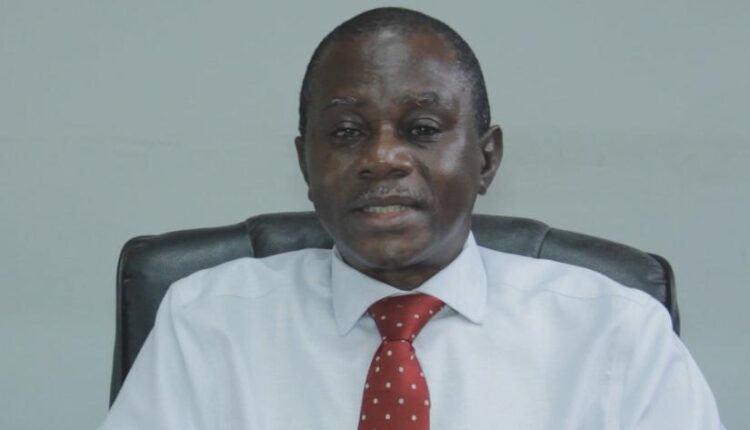Why Johnson & Johnson is supporting mental health education in Ghana
Consumer health product manufacturer, Johnson & Johnson, has launched a project to offer scholarship to nurses and demystify mental health issues in Ghana.
While the Mental Health Training project offers full scholarship to nurses, the Mind-4-Life programme is meant to empower the public to “seek help and offer help” on issues concerning mental health.
The project is aimed at supporting the Ghana College of Nurses and Midwives with scholarships to train nurses in community mental healthcare and also support public education campaigns with the hope of providing support for people with mental health disorders.
This is expected to enhance access to specialist mental health services at the primary care and community level.
According to Johnson and Johnson, the plan is to spend in excess of $230,000 to train more mental health nurses and support refurbishing of facilities at the Ghana College of Nurses and Midwives.
The first batch of 66 students is already enjoying their bursaries with two other batches of 66 nurses expected to benefit from the initiative.

Speaking at a virtual event to officially outdoor the project, the Consultant Psychiatrist of the Korle-Bu Teaching Hospital, Dr Sammy Ohene, indicated that although the country passed one of the best laws to support mental health in 2012, the content is yet to actualise.
Ghana’s mental health workforce has been a concern to experts in the field.
As of 2012, the country’s mental health was manned by 40 psychiatrists, about 2,000 psychiatric nurses or occupational therapist who deliver services to Ghana’s more than 21 million population at the time.
That is not all. Dr Ohene also observed that the superstition associated with mental health makes it almost impossible for people to access help when they need it most.
But he finds a glimmer of hope in the Johnson and Johnson Foundation partnership with the Ghana College of Nurses and Midwives, the Mental Health Authority, and the Psychiatrist Association of Ghana.
He described it as a great collaboration that would help find solutions to some of the country’s mental health issues.
Dr Ohene identified the lack of funding to be one key challenge that has crippled efforts over the years. He laments that despite the establishment of mental health funds, commitment from the state has been lukewarm.
“Because the law stipulates free treatment for people with mental health conditions, they do not use the NHIS card hence they receive little or no attention at the various hospitals,” he says.
A beneficiary of the scholarship scheme, Emmanuella Awade, shared her experience stated that the high cost of training of nurses makes it almost impossible persons who want to practice mental health to access the relevant education.
On her part, the guest speaker, the Deputy Minister for Health, Tina Mensah, expressed appreciation to Johnson and Johnson for their efforts in the area of mental health.
The Country Manager, Johnson & Johnson Ghana, Priscilla Owusu Sekyere, reiterated the company’s commitment to seeing to significantly impact society through the “Mind for Life” programmes.
Her expectation is that it would help to create a relatively safe environment for people to comfortably and openly discuss mental hygiene needs.
A WHO 2012 data estimated that of the 21.6 million people living in Ghana at the time, 650,000 were suffering from a severe mental disorder and a further 2,166, 000 were suffering from a moderate to mild mental disorder.
The treatment gap is 98% of the total population expected to have a mental disorder.



